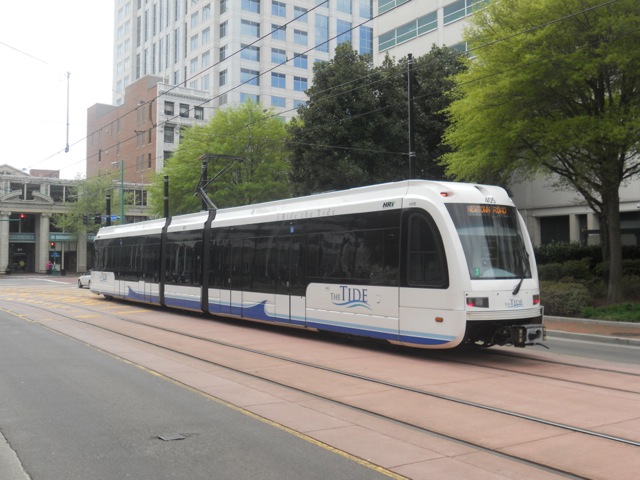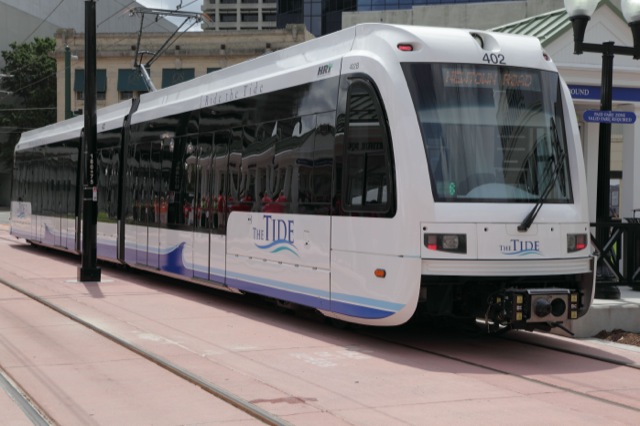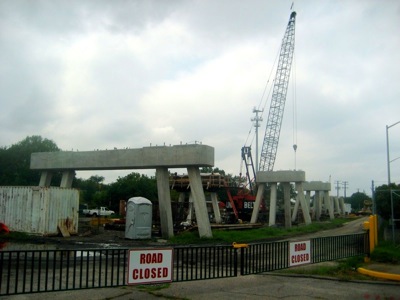Here’s a heartwarming story of a man who rode Denver’s airport light rail once, and it worked for him, so now he wants everyone in his Virginia city to pay higher taxes to build light rail to the local airport in case he might want to ride it again someday. How thoughtful and touching.
Of course, there are a few problems with his story. First, what he rode wasn’t light rail, which averages about 20 miles per hour; instead, he rode a commuter train that averages 38 miles per hour. So if he manages to persuade people in Virginia to build light rail to his local airport, he will get something far inferior to what he rode in Denver.
Second, the writer is guilty of survivorship bias, which is an assumption that because something worked for him, it will work for everyone else. But the Denver airport train doesn’t work for everyone else, partly because it is unreliable and partly because transit is slow for anyone who isn’t near an airport line station. Continue reading










